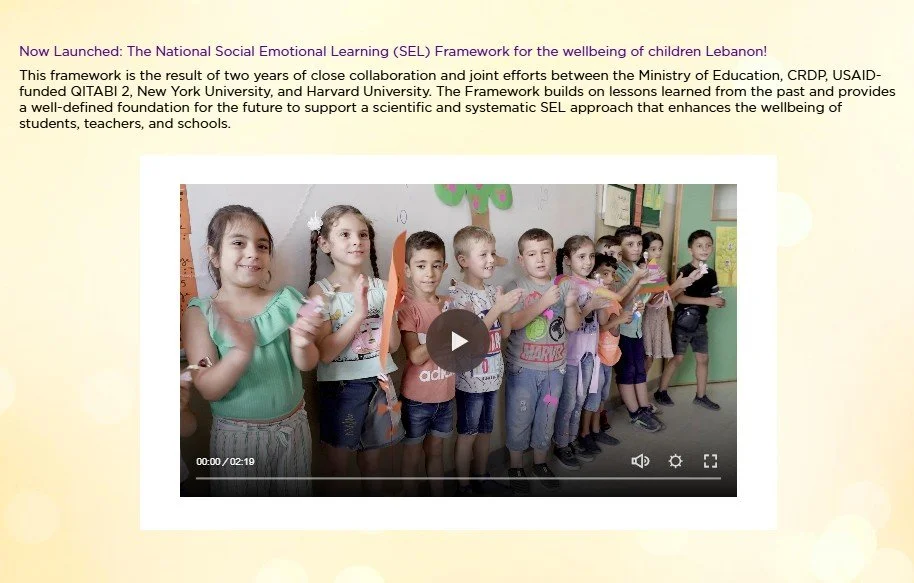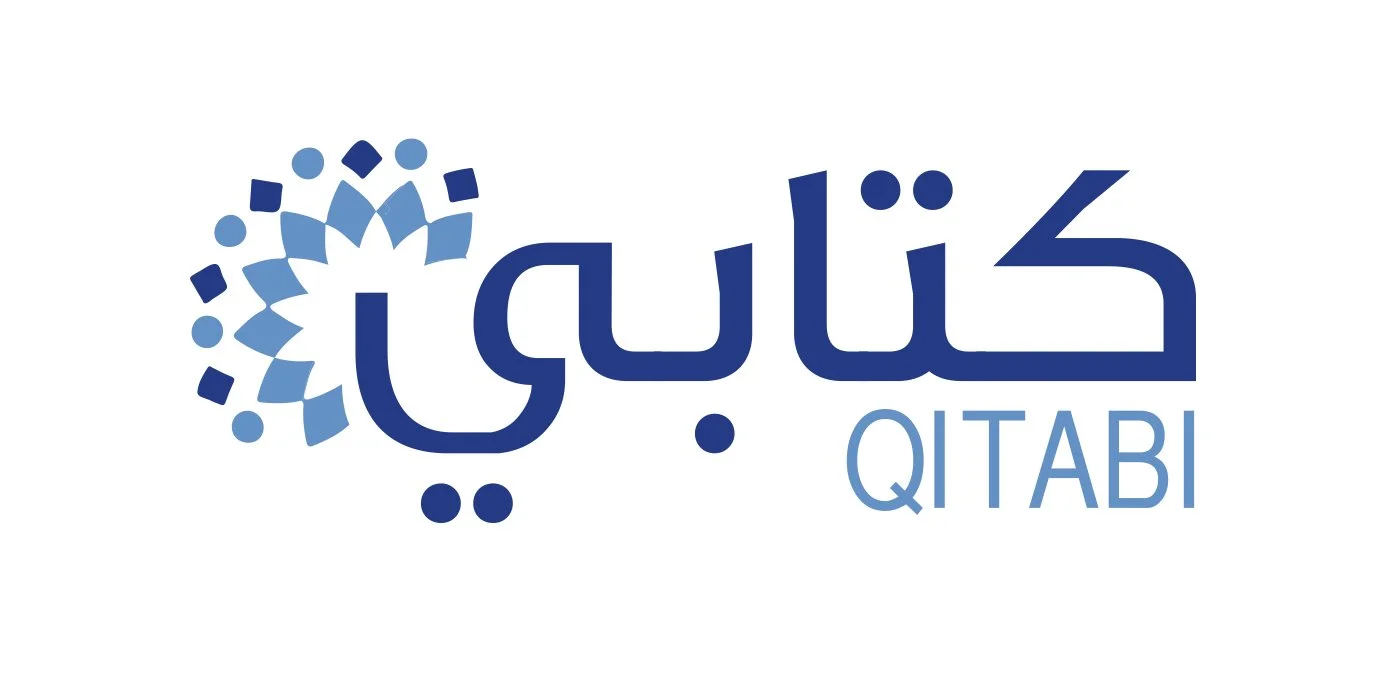Quality Instruction Towards Access and Basic Education Improvement 2 (QITABI 2) Program
[2022-2024]
Project Overview
Global TIES for Children served as a resource partner for the QITABI 2 consortium - led by World Learning - in Lebanon. The USAID-funded QITABI 2 aimed to build the Lebanese education system’s institutional capacity for sustainability and self-reliance.
-
We know that children’s learning and development continuously unfolds over nearly two decades, and that children require consistent nurturing care to thrive. But in many humanitarian and development contexts, we assume that short-term, one-off education projects can optimally support children’s development - and then are surprised when we don’t see the desired long-term impact. World Learning has been serving public schools in Lebanon for over 11 years: first under D-RASATI 2, then under QITABI 1, and now under QITABI 2. World Learning’s consistent service delivery amidst a continuously changing environment presents a unique opportunity to learn about the impact and value of continuous and responsive service delivery at the development/humanitarian nexus .
These issues are exacerbated in emergency education settings, where dozens to hundreds of non-state actors such as NGOs and humanitarian agencies provide fragmented education services — inclusive of teacher training — with little to no coordination. In Lebanon alone, there are nearly 300 registered NGOs working within education. In addition, many NGOs’ solutions of utilizing pre-packaged, trademarked curricular packages — optimized to implement quickly, under crisis conditions — hinders governments’ ability to integrate programming into the existing educational framework. This is particularly problematic in protracted crises such as Lebanon’s, who have been hosting Syrian refugees in large numbers since 2011.
-
In this project, Global TIES for Children, along with our partner World Learning, co-constructed a research agenda to capture the learnings from the QITABI 1 and QITABI 2 projects. Our role as a resource partner was to:
Understand the research needs that are most important to World Learning and the QITABI 2 consortium;
Work with the World Learning team to develop the research questions and methodology required to respond to those research needs; and
Work with World Learning to analyze qualitative and quantitative data and interpret the results.
-
To achieve these objectives, we worked in deep partnership with World Learning to conduct a mixed-methods study at national scale that:
Used a school-centered empirical approach to identify patterns in education service delivery across all ~900 Lebanese public primary schools over 10 years
Leveraged the program’s initial randomization of services to conduct a quasi-experimental study of the impact of access to long-term, intensive service delivery on schools, teachers, and students’ learning and well-being.
Used a variety of qualitative methods to understand facilitators and barriers to implementation of services over 10 years;
Analyzed administrative data to describe the volatility schools in Lebanon have encountered over the past 10 years, and to assess whether the impact of QITABI varied based on patterns of volatility.
At each stage of the process, we collaborated with World Learning’s leadership and monitoring, evaluation, research, and learning (MERL) unit to ensure the research was responsive to Consortium and Lebanese government needs; and that strengthens our partnership’s capacities for learning.
Featured News & Publications
Partners & Funders
USAID
Funder
World Learning
Partner
QITABI
Partner





